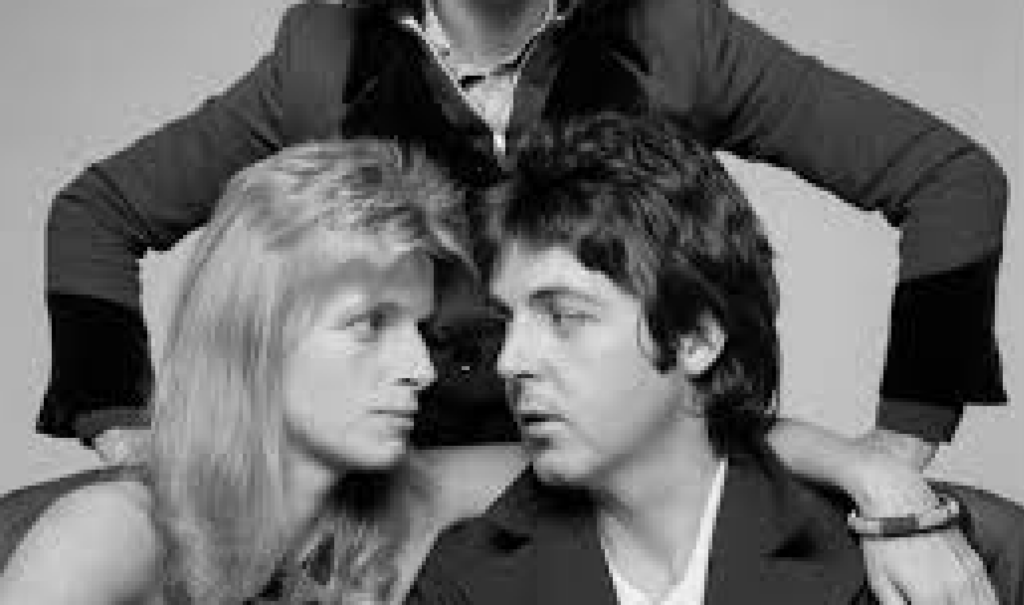A Fine Affair
Ray Lawrence’s Lantana is a high-toned Australian soap opera, which is to say that its philandering police detective and its grief-stricken psychoanalyst are a bit quirkier than their all-too-familiar American television counterparts. Its unhappy wives, gloomy husbands and alienated teenagers are more carefully constructed than similar characters in less ambitious movies. This is sophisticated, sometimes very wry stuff, but you can still see and feel the suds oozing from the film’s huge tangle of domestic intranquilities. And in that lies its chief pleasure.
Lantana takes its title from a common Aussie wildflower whose pretty blooms conceal sharp thorns. As metaphors go, this one isn’t bad; despite their attempts to be courageous and upright, the waves of lonely and beleaguered souls we meet here — four or five separate couples, their friends and children — are all caught in hidden perils. Playwright Andrew Bovell, here transferring his Speaking in Tongues from stage to screen, sees to it there’s never a dull moment in the adultery and guilt departments, and he provides more emotional firepower from the realms of gay trauma and parental mourning. He and director Lawrence manage to bind the whole untidy package together through the mystery of one woman’s disappearance.
The talented ensemble cast includes veteran tough guy Anthony LaPaglia as discontented cop Leon Zat, who has just started an affair with a married woman named Jane O’May (Rachael Blake), whom he met at the Latin dance class he takes with his wife, Sonja (Kerry Armstrong); Peter Phelps is Patrick, the young gay man agonizing over his affair with a married man, and Aussie superstar Geoffrey Rush plays John Knox, a quiet law professor whose marriage has been paralyzed by the murder two years earlier of the couple’s 11-year-old daughter. Knox’s wife is Lantana‘s pivotal figure, an American psychoanalyst named Valerie Somers (the reemergent Barbara Hershey), whose numbed response to her child’s death was to write a bestseller about it. When Dr. Somers goes missing, the real crises kick in. She’s not only a famous author and a troubled wife; she’s shrink to half the cast — including the unhappy spouse of Zat, the detective assigned to the case.
Evidently, the filmmakers admire the relentless busy-ness of Grand Hotel and Nashville; they have enough seemingly unrelated characters colliding and subplots boiling to supply three movies. But they also have an uncanny sense of design that allows things to come together at just the right moment for John and Jane and Leon and Sonja and several others, all of whom seem desperate for resolution.
Given a cast this size, no one dominates, but there are some superb acting moments. Zat’s resentful mistress practices a tango step with his clueless wife as he looks on uncomfortably. A husband suspected of murder turns the tables on a cop by asking some penetrating questions about his marriage. A husband and wife who have failed to communicate for years are emotionally awakened by the responsibility of tending to a neighbor’s sick baby. A lonely woman flirts with a younger man at a dance club, then fends him off in the parking garage. A husband discovers a cassette tape of his wife venting to her psychiatrist. From these parts, Lawrence constructs a vivid pastiche of human foibles, neatly flavored with a touch of suspense and some well-timed jolts of humor. It’s a terrifically entertaining film, if not quite as profound as the makers might wish.




